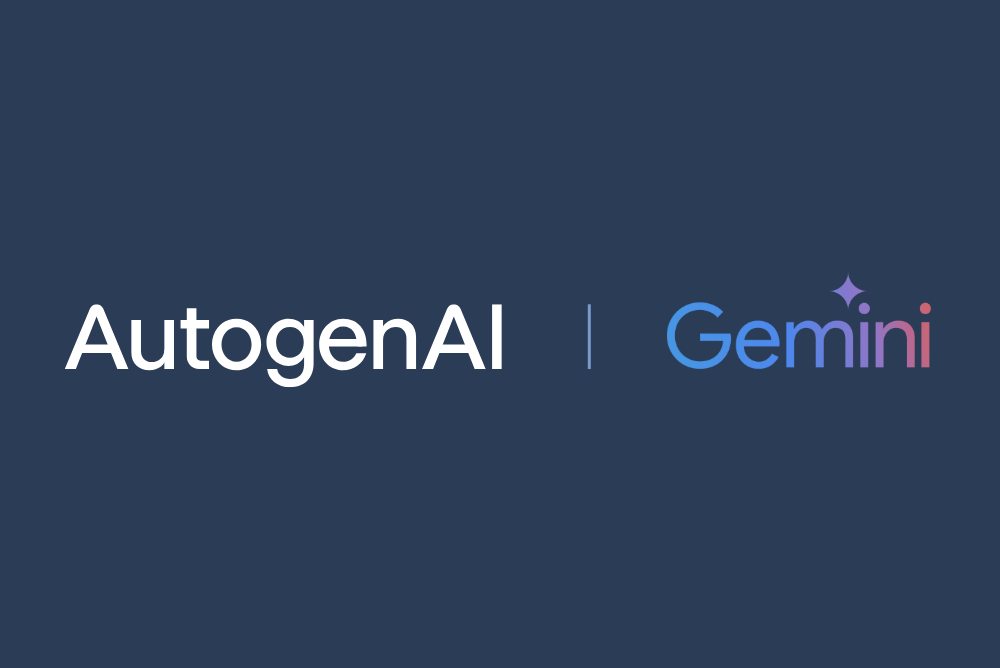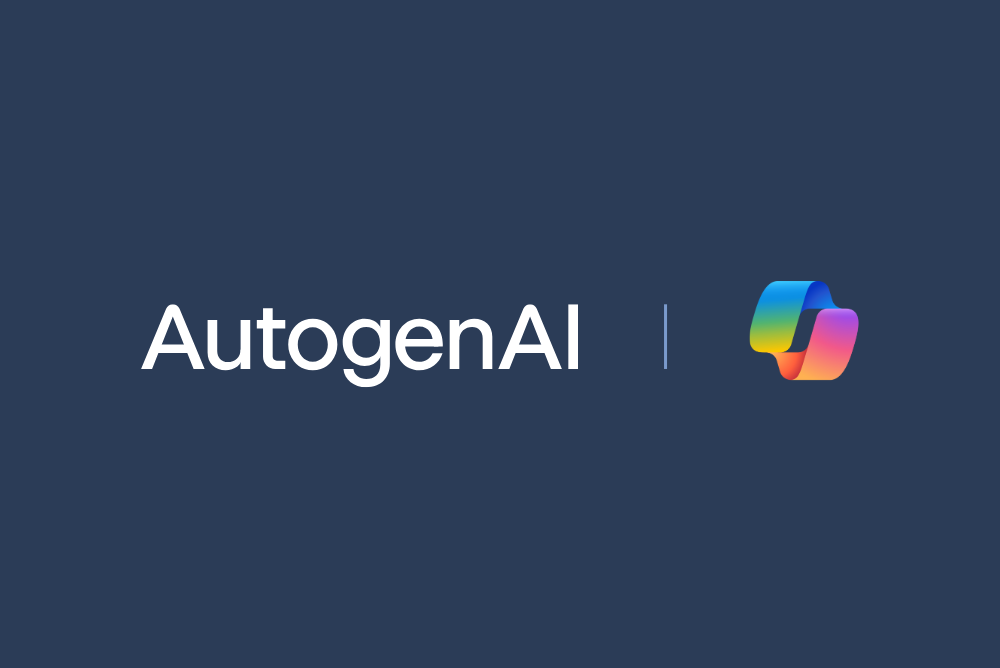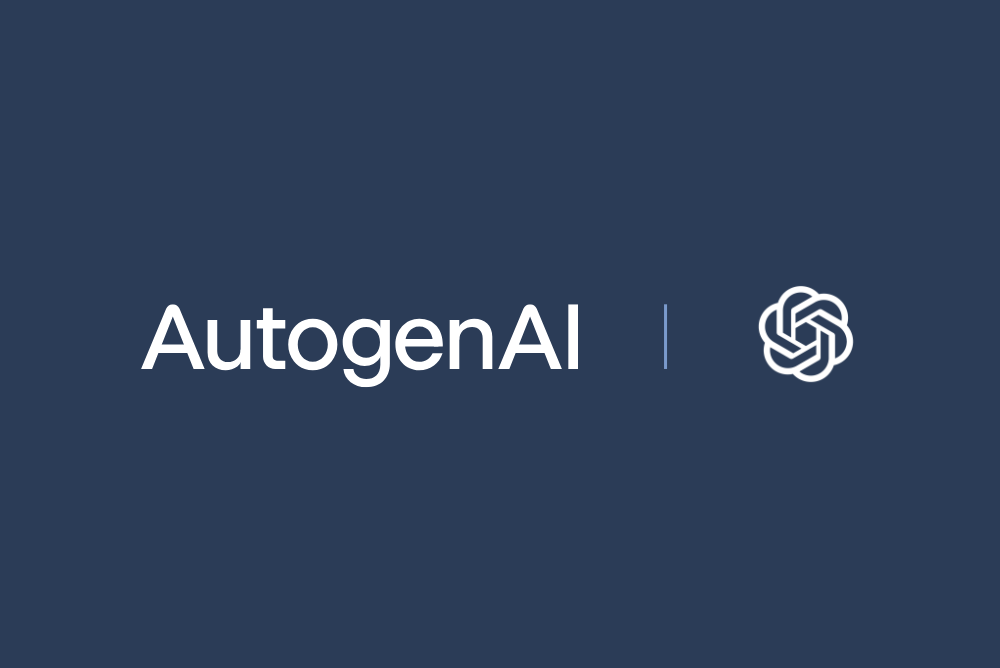The End of Metadata: Why AutogenAI Doesn’t Need Tags to Work Smarter

We get asked this a lot: “Does AutogenAI use tagging?”
The short answer is no, and that’s on purpose.
Tagging sounds neat. In reality, it’s slow to maintain, inconsistent across teams, and prone to human error. Most systems that rely on tags need armies of admins keeping them updated. That’s not how bid teams work under pressure.
AutogenAI takes a different approach. It doesn’t need tags because it understands the meaning, structure, and context of your documents straight out of the box. That’s why clients can load in messy, real-world content; 200-page bids, resumes in random formats, complex Statements of Work, and still get high-quality, on-brand drafts in minutes.
Why We Don’t Use Tags
We’ve seen what happens when bid teams depend on tagging. It slows everything down. Tags go out of date. Different people apply them differently. And when they’re wrong, you get the wrong content at the wrong time.
That’s why AutogenAI deliberately doesn’t use metadata for ranking, filtering, or matching. Instead, the system reads between the lines:
- Semantic search: Finds the content that matches the intent of your prompt, not just the keywords.
- Natural language understanding: Grasps context the way a human would.
- Structural cues: Uses things like headers, section labels, and formatting to know where content belongs.
The result? You get reliable, source-linked bid content without the tagging tax.
Our clients are already winning more work without wasting hours, days, weeks, or months administering an unwieldy system of meta-tags in their content library.
- A community healthcare provider cut bid writing time by 80% after rolling out AutogenAI. They didn’t spend months tagging or restructuring their library, they just uploaded what they had and got instant results.
- An employment services provider expanded into new regions and increased submissions by 40% without adding headcount. They’d tried generic AI tools before, but those couldn’t handle unstructured, untagged libraries. AutogenAI could.
What a High-Performing Content Library Looks Like
Let’s say it again. You don’t need tags.
So, what do you need?
- Core service and solution descriptions (what you deliver, how it works, why it matters).
- Thematic content kits (modular content on key themes like delivery, onboarding, training, security, compliance, sustainability, community impact, or innovation).
- Gold response bank (approved, reusable answers to common tender questions).
- Supporting assets (case studies, client stories, datasheets, resumes, certifications, FAQs).
- Differentiators & competitive intel (your unique selling points, competitor comparisons, evidence of why clients should choose you).
- Proof points database (validated outcomes, metrics, and success stories tied to named projects).
- Regional or sector variants (adapting content for different geographies, markets, or compliance regimes).
The details will differ by sector, but the principle is the same: cover your bases with the content evaluators always expect to see, and make sure it’s accurate, current, and easy for your team to use.
Ownership matters too. Product teams own the technical explainers. Sales enablement owns the response bank. Bid leads curate and refresh quarterly. That’s how you keep content live and useful.
The End of the Tagging Tax
If you were hoping we’d say yes, AutogenAI uses tags — here’s why you shouldn’t be disappointed. Tags don’t make bids smarter. Understanding does.
By revoking the tagging tax, AutogenAI gets you to strong first drafts faster. It turns the content you already have into accurate, on-brand, source-linked bid drafts — without slowing your team down.
Ready to see how it works? Book a demo today.


